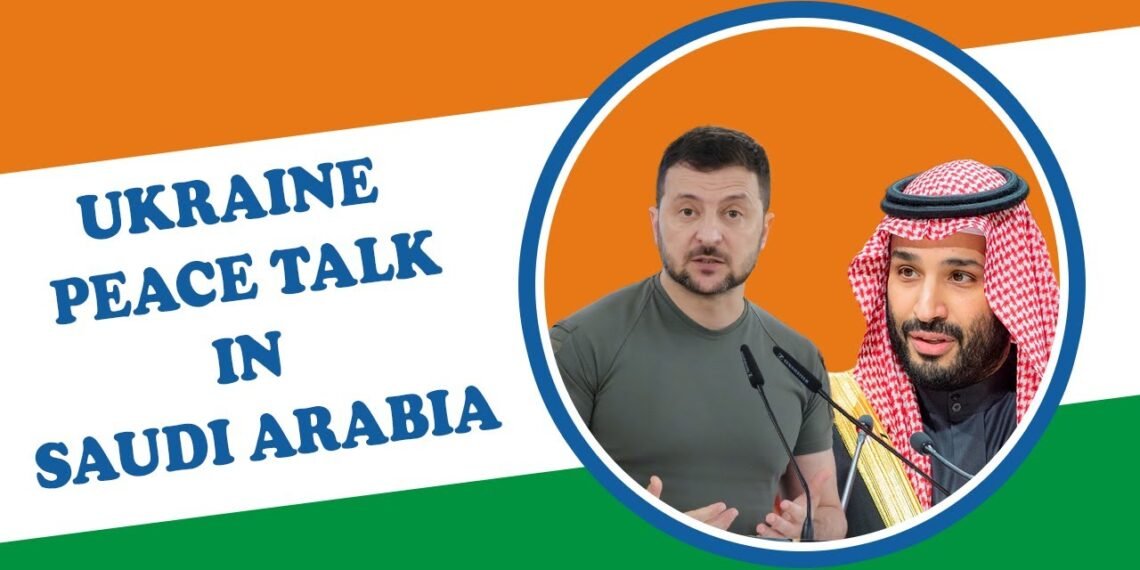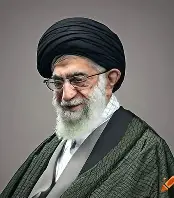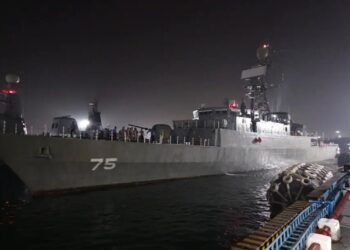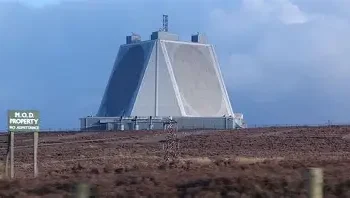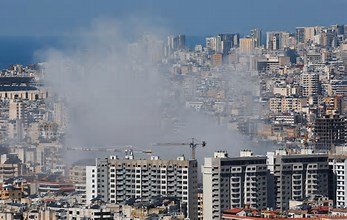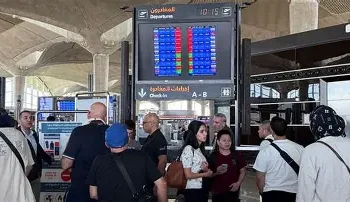As US and Russian officials continue peace talks in Saudi Arabia, European leaders are pressing for stronger security guarantees for Ukraine. French President Emmanuel Macron and UK opposition leader Keir Starmer warn that without these assurances, Russia may not be deterred from future aggression.
BY PC Bureau
High-stakes talks between US and Russian officials opened today in Riyadh, aiming to end the ongoing war in Ukraine. However, the absence of Ukrainian representatives and increasing tensions surrounding the talks have raised serious concerns across Europe and among international allies.
The initial round of discussions, which began over the weekend, were led by US Secretary of State Marco Rubio and Russian Foreign Minister Sergey Lavrov, with a primary focus on resolving the protracted conflict that has caused widespread devastation in Ukraine since 2022. The United States delegation, alongside Russian diplomats, met for the first time since the escalation of the war in the region. The talks come after multiple phone calls between President Donald Trump and Russian President Vladimir Putin, with the two leaders agreeing to open a dialogue towards achieving a peace settlement.
ALSO READ: Bezos Bows to Trump and Musk: Washington Post Kills Anti-Musk Ad
Despite the cautious optimism surrounding the discussions, one of the most notable issues emerging from the talks is the exclusion of Ukrainian President Volodymyr Zelensky and his representatives. President Zelensky has voiced strong opposition to being left out of the negotiations, calling any potential peace deal struck without Ukraine’s input “unacceptable.” Zelensky has also underscored the importance of having European countries involved, emphasizing that Ukraine’s future cannot be decided without its active participation.
ALSO READ: Social Security Chief Resigns Over Data Access to Musk-Controlled DOGE
A potential deal may involve Ukraine relinquishing key territorial claims, including the return to its pre-2014 borders—a central demand from Russia. Some officials, including U.S. Defense Secretary Pete Hegseth, have indicated that Ukraine’s NATO ambitions might be deemed unrealistic, a sentiment that has sparked considerable backlash in Kyiv and among European partners.
He only went to get prisoners released LOL
Zelenskyy meets UAE President, says ‘Ukraine will not participate in US-Russia peace talks in Saudi’ pic.twitter.com/OLOTFiYZrz
— Joni Job (@jj_talking) February 18, 2025
In response to growing fears of a potential US concession to Russian demands, a number of European leaders, including French President Emmanuel Macron and UK opposition leader Keir Starmer, have issued urgent warnings. Macron, in particular, cautioned against any agreement that could be seen as a “capitulation” to Russian aggression. He emphasized that the only viable peace would require a clear commitment to security guarantees for Ukraine, which could deter future Russian advances.
Complicating the situation is the public involvement of Elon Musk, the tech billionaire and ally of former President Trump. Musk, who has previously called for a peaceful resolution between Ukraine and Russia, expressed admiration for Lavrov and the Russian delegation on social media, drawing criticism from many quarters. His tweet, which lauded Lavrov as “competent leadership,” has raised alarms in Europe, particularly among those who fear that Musk’s influence could push the U.S. toward a less firm stance against Russian aggression.
Volodymyr Zelensky has said Ukraine will not recognise any agreements reached from talks it isn’t involved in. Russia’s Foreign Minister Sergei Lavrov is in peace talks with US Secretary of State Marco Rubio in Saudi Arabia with aims to end the Ukraine war. European leaders held… pic.twitter.com/DPs1hjzgKP
— 🔴 Wars and news 🛰️ (@EUFreeCitizen) February 18, 2025
While the US administration has defended its commitment to Ukraine’s sovereignty, concerns over a potential softening of the U.S. position remain. Rubio, who is leading the talks alongside national security adviser Mike Waltz, is under intense pressure to ensure that any peace agreement guarantees both Ukraine’s territorial integrity and long-term security.
In Riyadh, Saudi Arabia, the talks have seen the involvement of local leaders, including Saudi Foreign Minister Faisal bin Farhan, who is serving as a diplomatic bridge between the U.S. and Russia. The Saudi government’s mediation efforts have received praise for bringing both sides to the table. However, as the talks continue, the question remains whether a truly lasting peace can be brokered without direct Ukrainian involvement.
As the first day of talks concluded, no major breakthroughs were reported, and it remains unclear when the next round of negotiations will take place. However, Russia’s foreign policy advisor, Yuri Ushakov, has suggested that a face-to-face meeting between Presidents Trump and Putin may be unlikely in the immediate future.
The international community is watching closely as the next steps unfold. For Ukraine, the stakes are incredibly high, as the country seeks not only to reclaim its territorial integrity but also to secure a future free from Russian encroachment. The coming days will determine whether this diplomatic effort in Riyadh can pave the way for a stable and lasting peace or whether it will merely delay further conflict.
As the situation develops, world leaders are bracing for potential shifts in global alliances and security commitments, with the outcome of these talks expected to have profound implications for Europe, NATO, and international relations for years to come.



